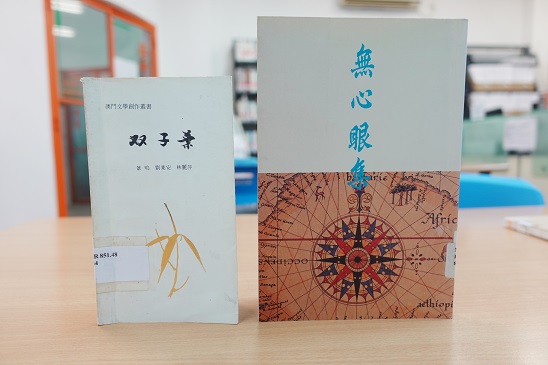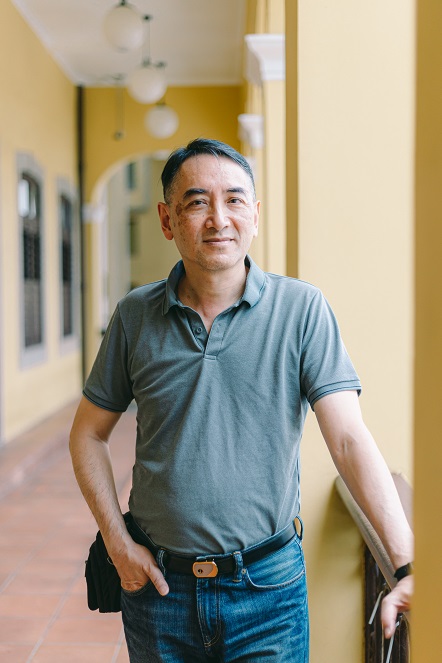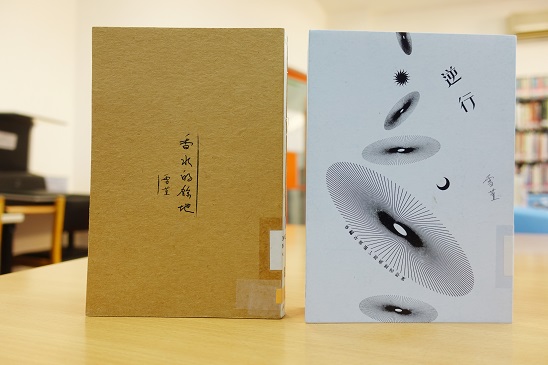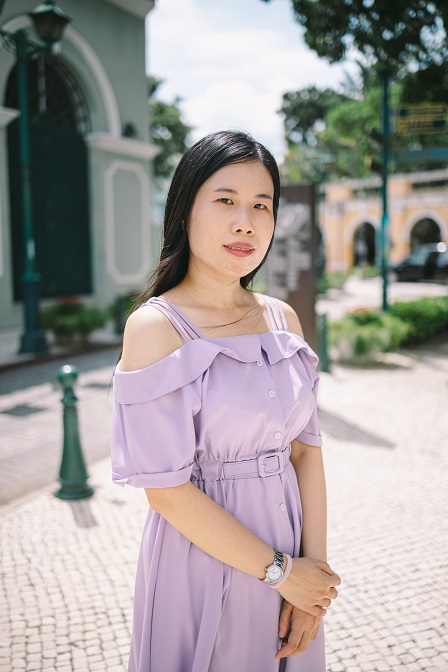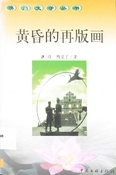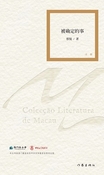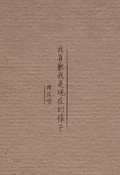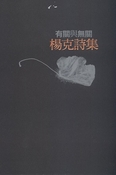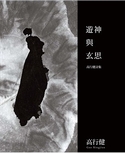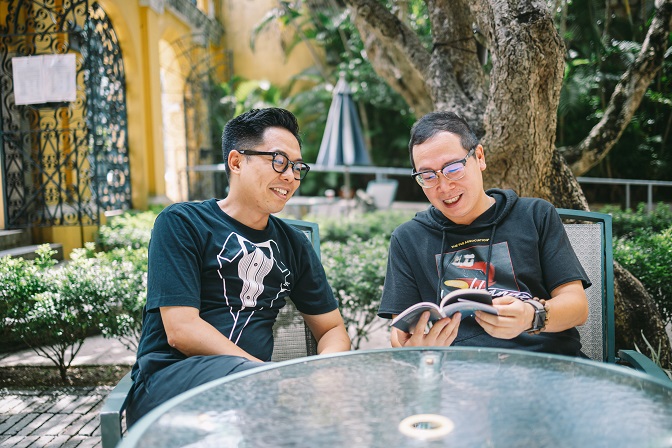
When searching for Gaaya Cheng and Rui Mutsu on the Internet, you will find an article about their interview with a magazine when they won the fourth Macao Literary Award. Both had a look of innocent university students, with their caps slightly pulled low over the eyebrows, their eyes showing a trace of unyielding personality, and their words revealing a yearning to create poetry… Twenty years have passed in the blink of an eye, and the two unacquainted men have become close friends, and experienced the same transition from childhood to fatherhood. Love is the most common theme in their poems. While staying true to the same strong character as in their youth, they have learned from the secular world to be sophisticated and down-to-earth, showing a sense of humour that can win the hearts of many people.
Both born in 1981, Cheng playfully insists that he is a ‘poet of the younger generation’, and is by no means a middle-aged man; his bosom-buddy Mutsu is an outgoing boy at heart with extensive interests ranging from music, food to trainers. From their initial battle in poetry forums to collaborations in promoting each other’s works, it is not an overstatement to describe the nature of their friendship as ‘frenemies’, rather than one of mutual support as stated in the official introduction. In recent years, they have tried to attract public attention to their works by various means, such as producing new media adaptations Getaway and When Felicity Calls, and have taken a formal approach in launching their books on the market, by inviting models to take photos for the promotional posters.
With the sweet burden of family on their shoulders, both Cheng and Mutsu have chosen to be a ‘semi-poet’ with a stable full-time job, being actively involved in the editing of the Pen of Macao during their spare time, and even published their own works at every other time. In reply to the question of whether there is any notable change in the poetic circles of Macao nowadays, since social media platforms have become popular, they observed that ‘in our opinion, there is no problem of succession in the development of poetry in Macao, as we can see from the stable number of works received for each issue of the journal. Many young people have submitted their works under various themes, which suggests that the local poetic sphere is still flourishing.’ Mutsu said with a smile that ‘young people can release their works across more channels than before if they wish to start writing poetry. In addition to literary journals, they can publish more on the Internet, and it has become easier to find books that offer a systematic approach of learning poetry.’ ‘Macao is a happy land that provides fertile soil for the growth of poets, and where young people should never waste their talent, but write without fear,’ Cheng added.

